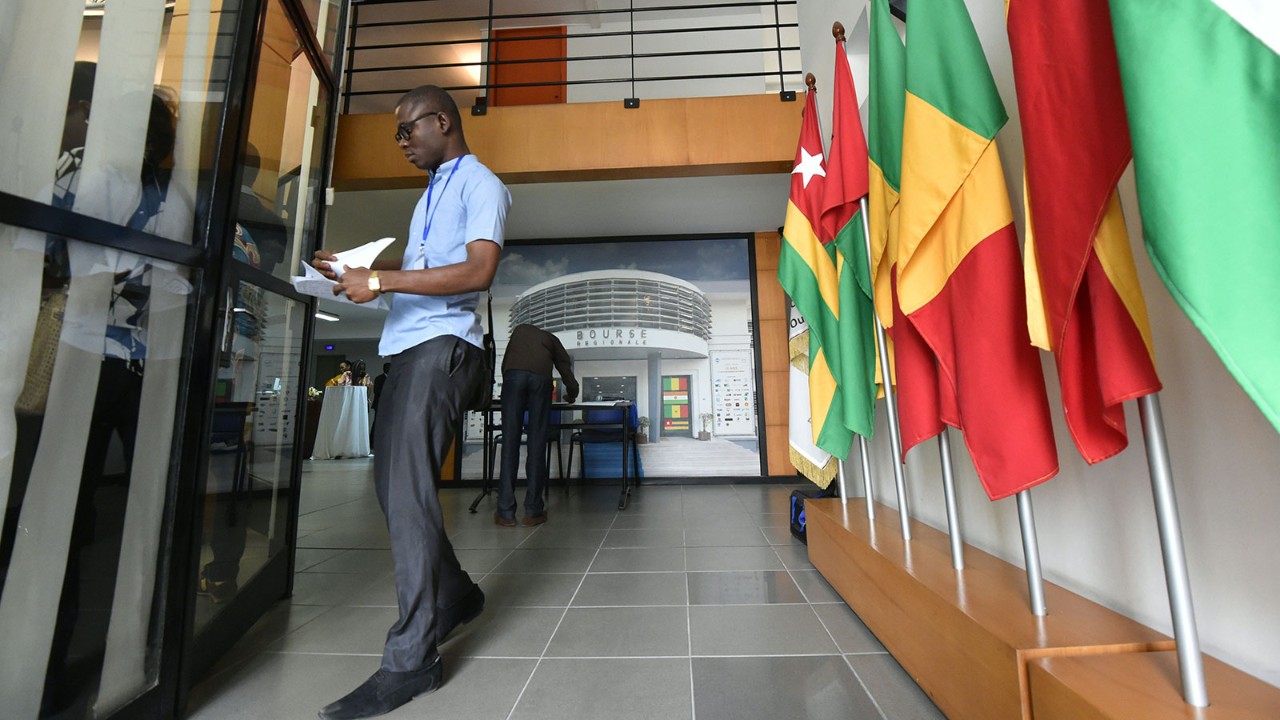
Deep and vibrant capital markets are essential components of all strong economies, and it is no coincidence that the world’s largest economies also have the largest capital markets.
Capital markets provide a platform for capital formation and help direct it to its most efficient use. They also enable capital to move from areas of surplus to areas of deficit, and from those who have surplus capital to those who have ideas and the ability to deploy it.
In Africa, capital markets have played a part in economic development: they have helped channel capital towards building great businesses; they have put critical infrastructure in place; and they have funded government deficits. However, the small size of the markets has meant that their influence has not been as great as it could be.
Size matters
A quick comparison of the size of African capital markets with those in more advanced markets like the US, Hong Kong and Japan is revealing.
The largest stock market in Africa, the Johannesburg Stock Exchange (JSE), has a market capitalisation of US$1.2 trillion. Compare that to Hong Kong Stock Exchange at US$6.9 trillion, the New York Stock Exchange (NYSE) at US$25 trillion, and the Frankfurt Stock Exchange at US$2.5 trillion. The JSE is however an outlier on the continent. Its closest competitor in Africa, the Nigeria Exchange, has a market cap of just US$85bn, and the third largest, the Egypt Exchange, of US$42bn. The bond markets are equally small.

There can be no growth and development without capital formation and deployment
Other capital markets in West Africa are Ghana (market cap US$10.3bn) and the Bourse Régionale des Valeurs Mobilières (market cap US$2.5bn), a regional market for the eight countries of the West African Economic and Monetary Union – Benin, Burkina Faso, Côte d'Ivoire, Guinea-Bissau, Mali, Niger, Senegal and Togo. Other markets in the sub-region are tiny – Cape Verde's stock exchange has just one listing, while Sierra Leone’s only trades on Mondays.
As they stand, these markets are too small to support the potential growth of the regional economy. With market capitalisations representing just 14% of sub-regional GDP, they surely have large headroom for growth – the equivalent figure for South Africa’s exchange is above 300% of GDP, and the US above 200% when the New York Stock Exchange and Nasdaq are counted together. If West African capital markets are to achieve more they must push for more growth.
Integrate and deepen
Integration is one way to achieve this. The West African Capital Markets Integration (WACMI) project was launched in January 2013, with a council inaugurated to implement it. The project has three sequential phases.
Phase 1, launched in 2014, allows capital market operators to trade in other markets across the sub-region through sponsorships by local operators. Phase 2, which is due to be launched this year, will allow qualified brokers direct access to markets across the sub-region, and the final phase will involve the formation of a fully-fledged integrated West African securities market.
The WACMI initiative is akin to the Capital Markets Union (CMU) project embarked on by the European Union to help integrate and deepen capital markets. The CMU faces similar difficulties: integrating legal and regulatory systems across different countries is fiercesomely complex. For West Africa, however, eyes have to remain on the goal of building deeper markets which would provide funds for business, leading to greater prosperity for the sub-region.
Fundraising for SMEs
While working on this integration, the WACMI council should also consider ways to make it easier for SMEs to raise funds across the sub-region, not just large corporates. This is in recognition of the role that they play in economic development.
Given that there can be no growth and development without capital formation and deployment, leaders and authorities in countries of the sub-region have to get behind this project and help move it along quickly. They should prioritise legislation and actions that support – and even boost – integration.




